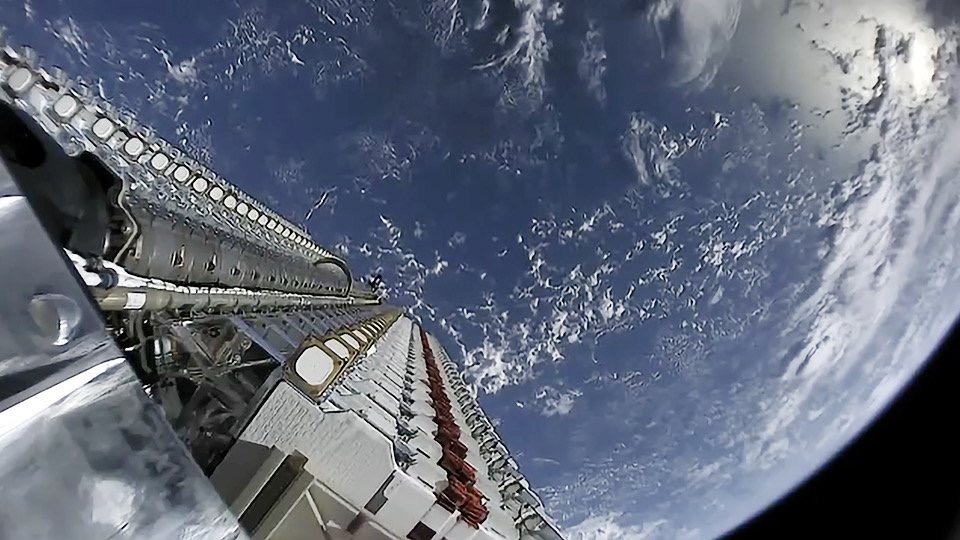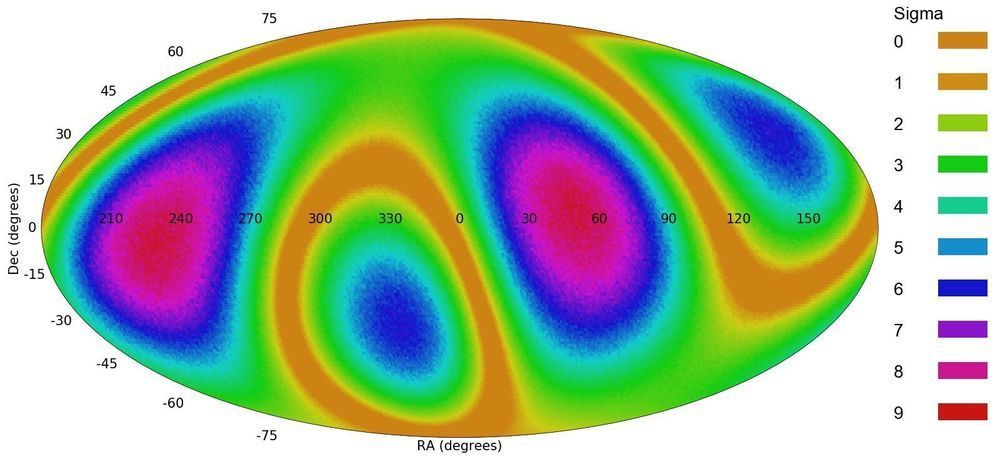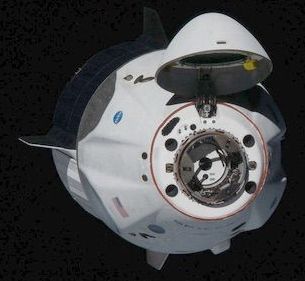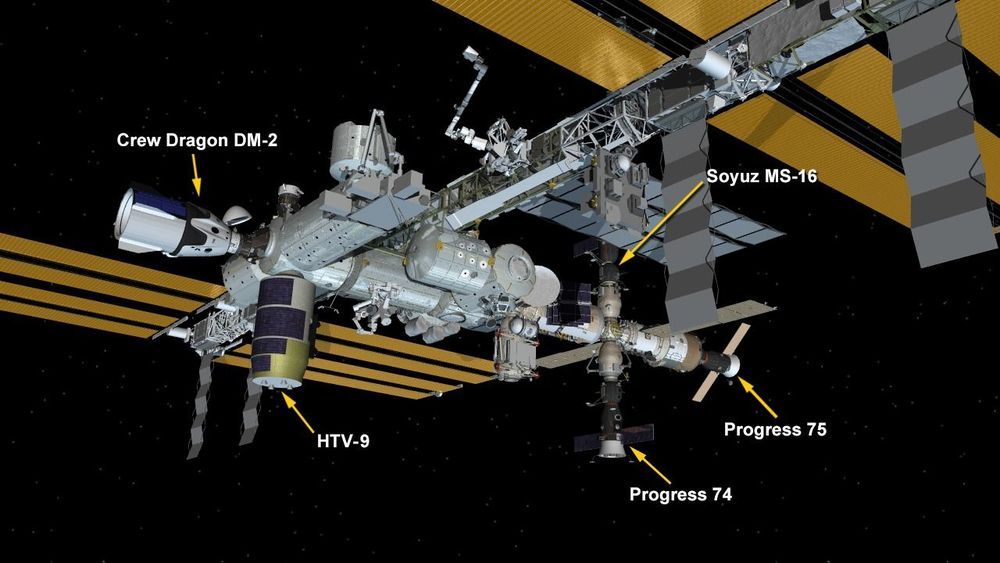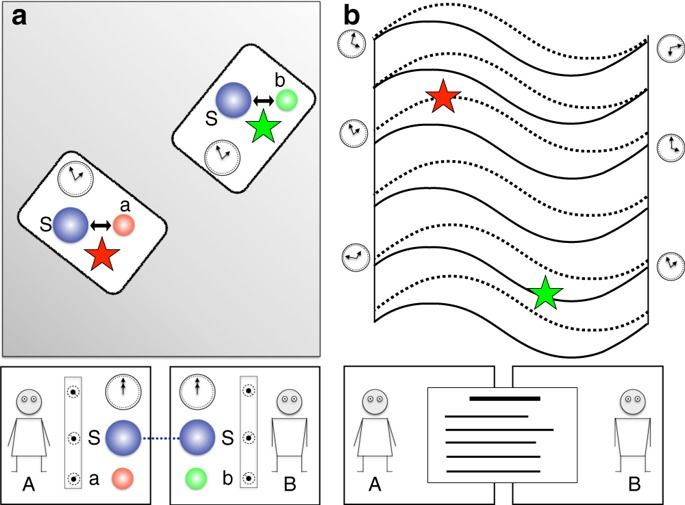SpaceX launching again this week, if all goes as planned.
SpaceX is at it again. Love it or hate it, Starlink is growing again. The company is getting ready to launch the next batch of 60 satellites into orbit in just a few days. The original launch was postponed until after the successful launch of the crew dragon Demo-2 mission for NASA.
Now that the astronauts successfully docked with the International Space Station, SpaceX turns its focus back on Starlink. This launch, originally planned to launch before the Crew Dragon Demo-2 mission, now looks promising for a launch this week.
The constellation consists of thousands of mass-produced small satellites in low Earth orbit adds up quickly. Each Falcon 9 launch gets packed full of sixty Starlink satellites. 60 satellites neatly fit in both size and mass limitations of the Falcon 9’s reusable configuration. Elon’s company delivered more than 420 satellites into orbit to date.
SpaceX now plans to loft the next batch into space Wednesday around 9:25 p.m. EDT. Visitors at the Cape Canaveral’s Complex 40 launch pad should be able to witness the launch so long as the weather holds out… and the weather is looking promising.
